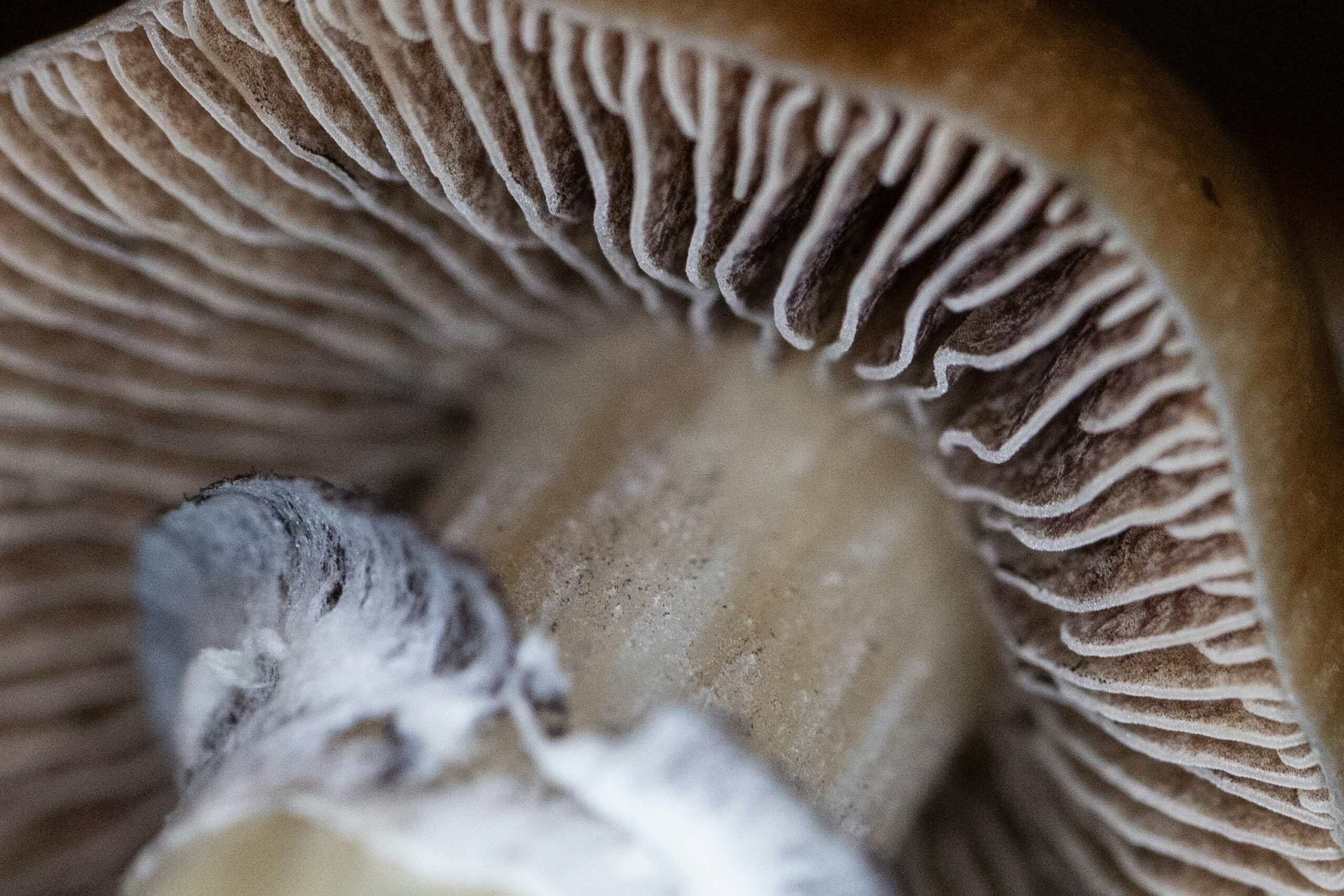Not long ago, the United States Department of Justice (“DOJ”) confirmed in a letter that mushroom spores are legal in accordance with federal law as they are not a controlled substance under the federal Controlled Substances Act (“CSA”). Although, the DOJ noted that once the spores grow into mushrooms and contain psilocybin, psilocin, and/or any of their salts, isomers, or salts of their isomers they fall under the CSA, this granted a green light for producers of mushroom spore grow kits that their product is legal under federal law. However, many states are following California’s lead in prohibiting mushroom spores that can produce a controlled substance, including Florida. Let’s delve into the Florida legislature’s latest attempt at criminalizing psychedelic mushroom spores.
House Bill 651 and Senate Bill 700
Sponsored by Representative Kaylee Tuck (R), House Bill 651 is a nearly 150-page measure that includes a provision to make it illegal to “to transport, import, sell, offer for sale, furnish, or give away spores or mycelium capable of producing mushrooms or other material which will contain a controlled substance, including psilocybin or psilocyn, during its lifecycle.” If passed, any individual found in violation of this measure would face a first-degree misdemeanor, which carries a maximum of one (1) year in jail and a $1,000 fine. Introduced by Senator Keith Truenow (R), it’s companion bill, Senate Bill 700, contains the same provisions as HB 651.
On March 26, 2025, both the House Criminal Justice Subcommittee and the Senate Appropriations Committee on Agriculture, Environment and General Government passed their respective measures. Upon their approval by the Legislature and Governor Ron DeSantis (R), the bills would go into effect this summer on July 1, 2025.
Although the legislative report in HB 651 notes similarly to the DOJ’s letter that the mushroom spores do not contain any controlled substances, specifically psilocybin or psilocyn, and are therefore, legal under current law, the measure intends to clarify the legality of any spores or mycelium that could produce such substances at any time in their development in the Sunshine State. However, opponents believe this is counterproductive as it risks criminalizing researchers and institutions who do not intend to use the mushroom spores for illegal reasons, as well as harm legal operations that provide such spores.
Conclusion
Florida could significantly tighten regulations on psychedelic mushroom spores, aligning itself with states like California, Georgia, and Idaho. If HB 651 and SB 700 pass, the sale, possession, and distribution of these spores will face new legal restrictions, reshaping the landscape for researchers, enthusiasts, and businesses involved in the field. As the legislative process unfolds, stakeholders should stay informed and engaged to understand the full impact of these proposed changes.

